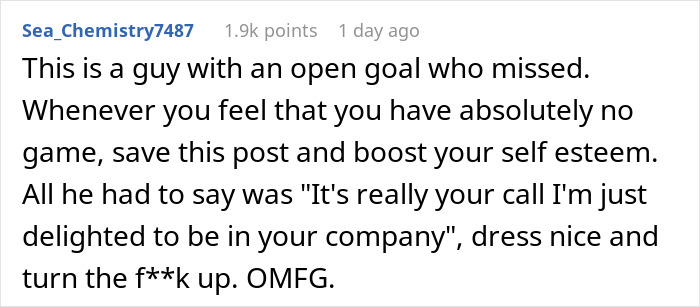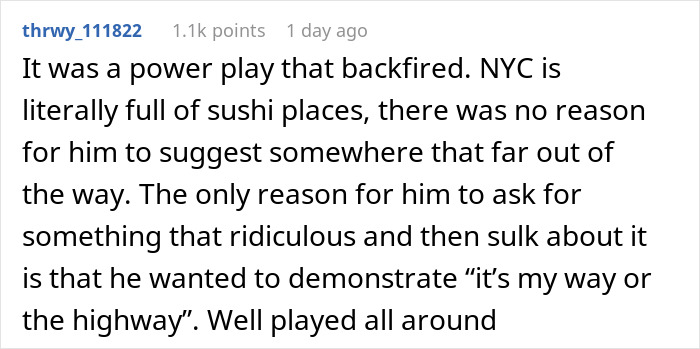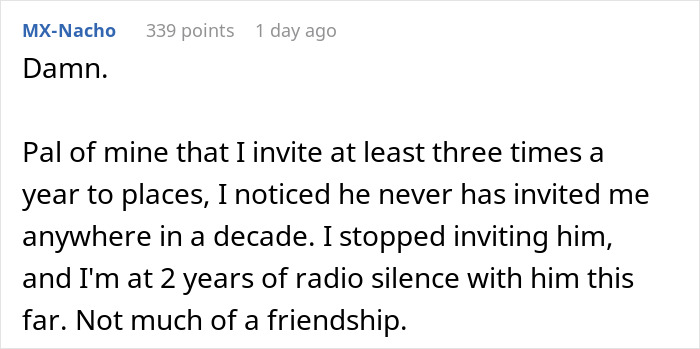Dating is supposed to be about finding a romantic partner. Interestingly, for some people, it’s all about getting a free meal. There’s even a term for it – “foodie calls” (wordplay on “booty calls,” get it?). In fact, in 2019, researchers found that 23-33% of women agreed to go on dates to get a free meal. And while there’s no data for same-sex couples, we can probably figure that it happens as well.
Like for this person, for example. Recently, a guy shared a story of how his date blew him off just because he didn’t agree to a dinner at a place the date picked. Yet he refused to be made a fool of and came up with a brilliant petty revenge strategy.
Dating is never easy, doesn’t matter if you’re straight or gay
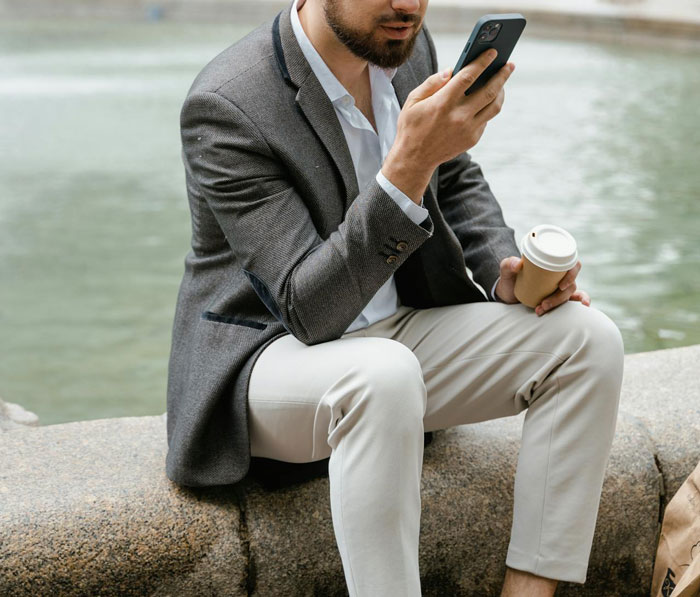
Image credits: MART PRODUCTION / Pexels (not the actual photo)
This man decided to get back at his potential date after finding out he was being used for a free meal
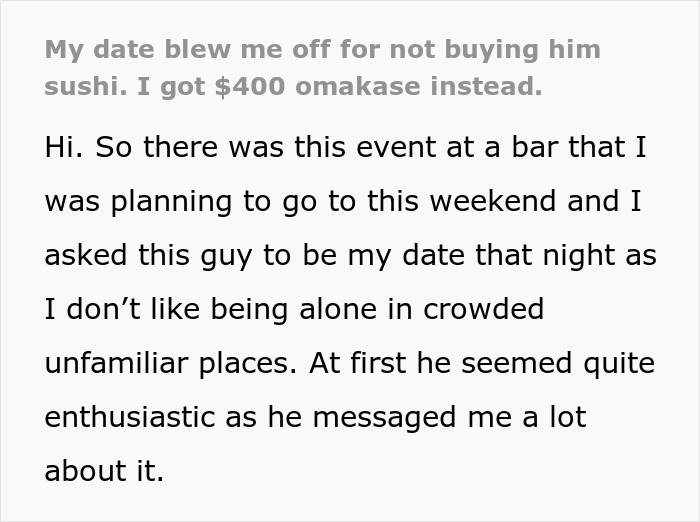
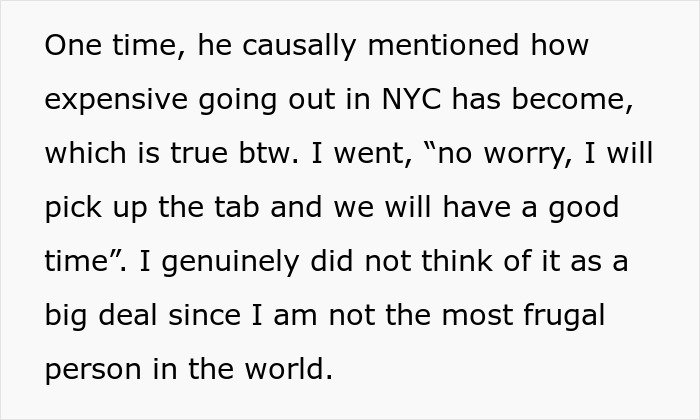
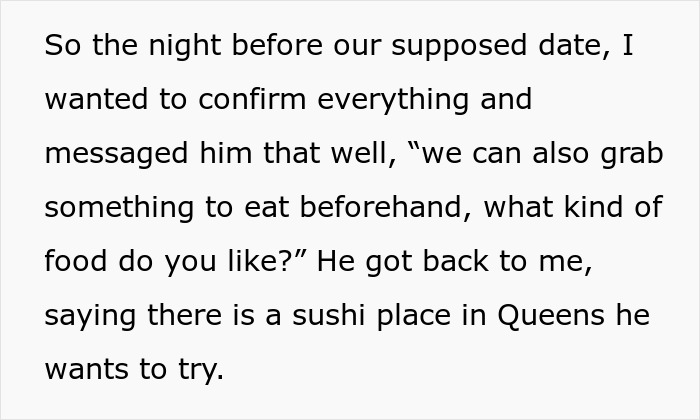
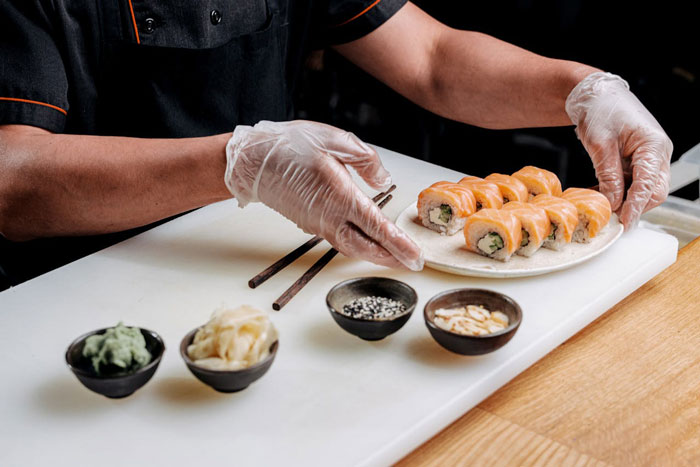
Image credits: Ivan Samkov / Pexels (not the actual photo)
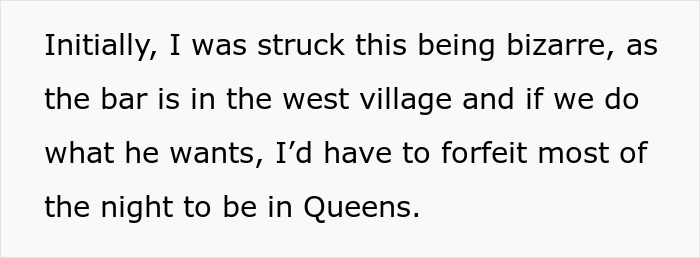

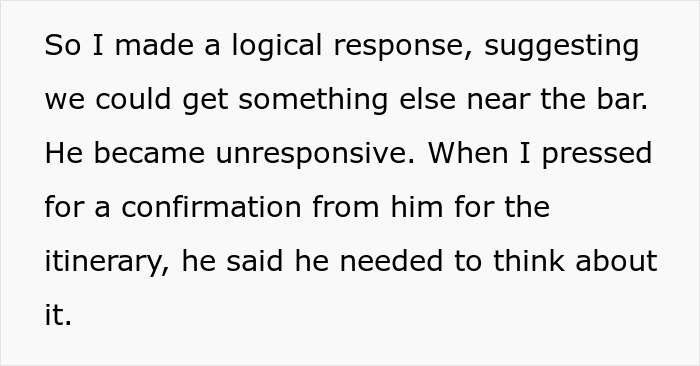
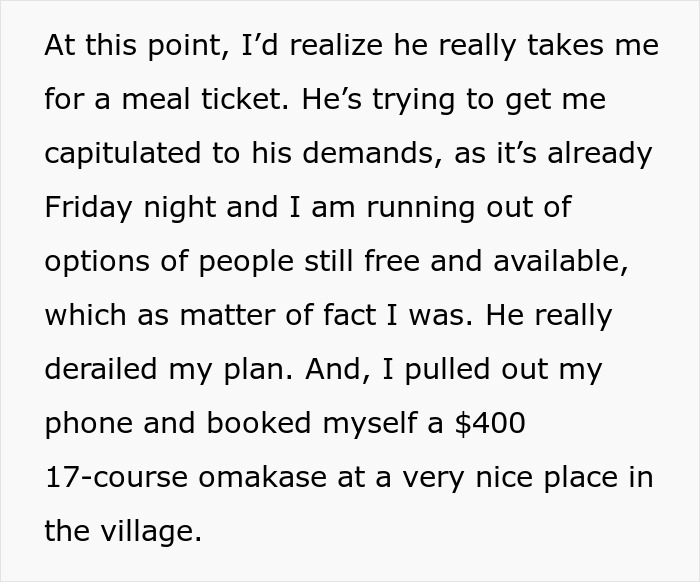
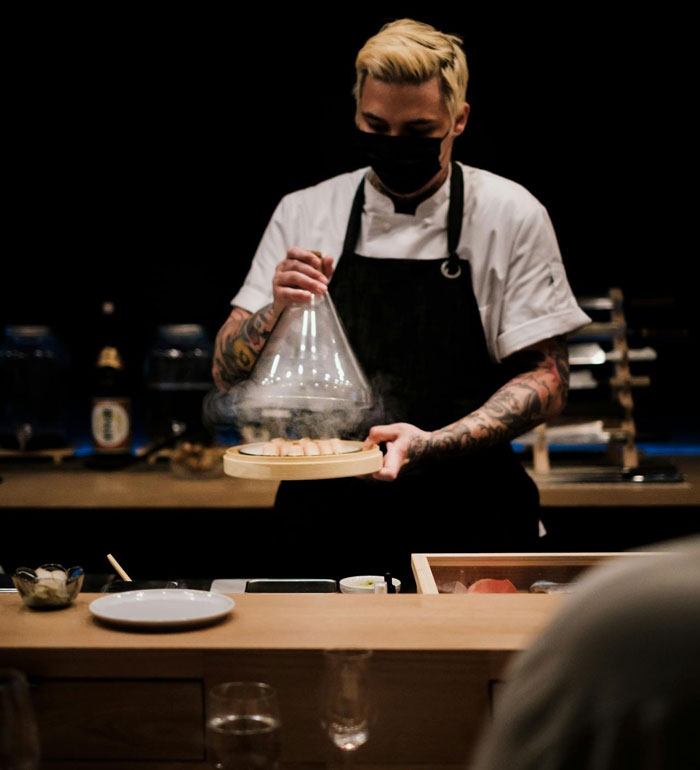
Image credits: Airam Dato-on / Pexels (not the actual photo)
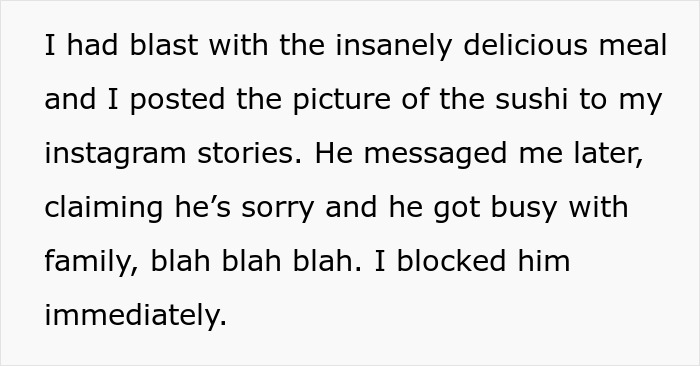
Image credits: Andrewqr1012
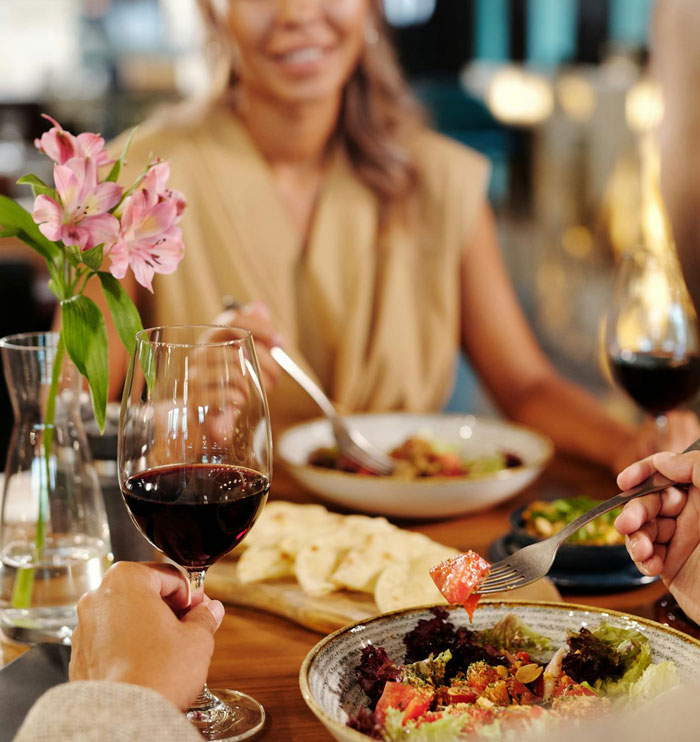
Image credits: Jep Gambardella / Pexels (not the actual photo)
Some foodie callers might do it because of their manipulative nature, others might really need that free meal
However frustrating it may be, foodie calls happen more often than we’d like to think. The research mentioned above only focuses on women on dates that involve only a man and a woman. The researchers defended their choice by writing, “We chose this focus in part because of its consistency with traditional dating scripts and because this type of foodie call has received media attention.”
The study also looked into the personality traits of these women. Interestingly, they scored higher for what psychologists call “the dark triad” of personality traits: Machiavellianism (in other words, being manipulative), psychopathy, and narcissism. The researchers noted that these traits are not the only factors in people making foodie calls. But if they have the aforementioned personality traits, the likelihood is higher.
The women respondents claimed they had gone on dates with men without having any romantic interest in them. That seems diabolical at first, but, as psychotherapist and relationship expert Dr. Tiffanie Davis Henry told GMA, some of them might be living paycheck to paycheck and may need that free meal.
She also recommends people try dating those “who aren’t necessarily their type.” “Go out with someone that you’re not necessarily romantically attracted to because that person may actually be better for you than the guy that you’re always going out with.”
The catch is that it shouldn’t be just to get a free meal. Henry said people should not allow others to use them for free meals and that confronting “serial foodie callers” is the best course of action in these situations.
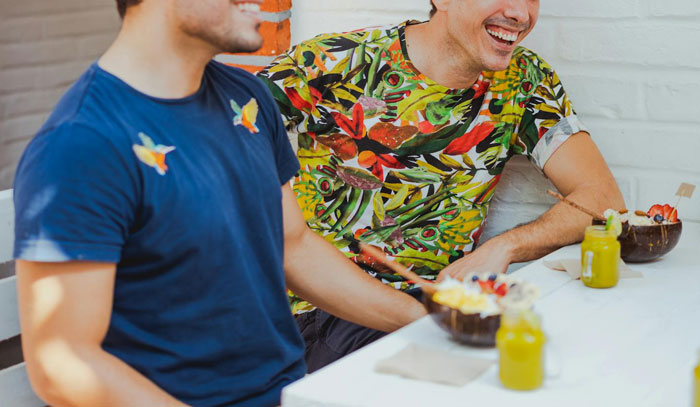
Image credits: Los Muertos Crew / Pexels (not the actual photo)
Queer dating etiquette is a bit more complex
When dating, many single people fret the question: “Who pays on the first date?” It may seem that more and more people choose not to adhere to traditional gender roles, yet this one still persists in the heterosexual dating arena. In 2019, men (64%) and women (46%) still believed that the man should pay for the first date.
But what about the times when there are two men or two women on a first date? What’s the etiquette then? In queer dating, the responsibility falls on the shoulders of the one who made the invite.
As Steven Petrow writes in Steven Petrow’s Complete Gay and Lesbian Manners, this rule works especially well when the asker already has decided where the dinner will take place. Perhaps this was the mistake the OP made: if he had offered a place to dine and had not let the date make the choice, maybe none of this kerfuffle would’ve happened.
Surveys also back up the “You invite, you pay” rule. 62% of the respondents of a survey said that the one who initiates the date should pay. Talia Goldstein, founder and CEO of the matchmaking company Three Day Rule also told HuffPost that splitting the bill is always an option.
“It’s not seen as platonic as it is in the straight community and can even help prevent first date awkwardness. However, if one person pays for the first date, the other person should aim to be the one who pays on the next date,” Goldstein said.
People in the comments praised the guy for dealing with the freeloader in a creative way

